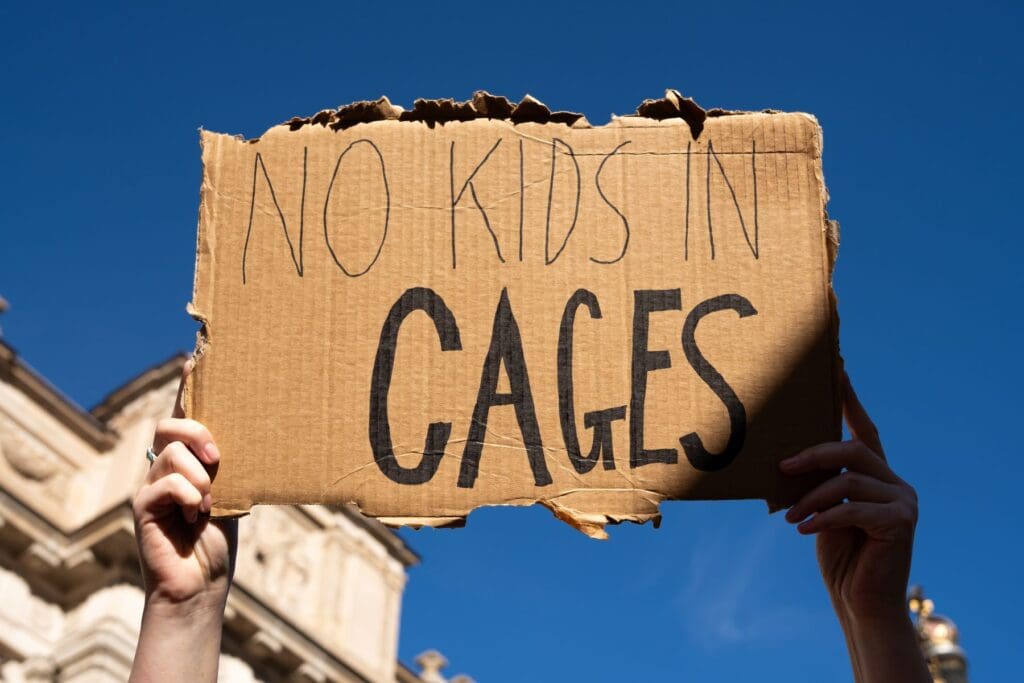The criminalisation of women seeking abortion to end in Queensland, but still a reality in NSW
Queensland women will finally have the freedom to decide what is right for their bodies with the passing of the Termination of Pregnancy Bill in the Queensland Parliament last night.
The new law decriminalises abortion and respects the right of every person to decide what is right for them in consultation with their doctor up to 22 weeks of pregnancy. Thereafter, two doctors will need to consider an abortion appropriate. Safe access zones around abortion clinics will also become law and protect the dignity, privacy and safety of women seeking reproductive healthcare.
Adrianne Walters, senior lawyer at the Human Rights Law Centre commended the MPs who voted in support of equality, dignity and reproductive freedom.
“Every single one of us should have the freedom to decide what is right for our bodies and lives. It’s fantastic to see the Queensland Parliament make that a reality in law for women across the state. We congratulate the Queensland Government for driving this critical reform,” said Walters
New South Wales now remains the only state that has not reformed its abortion laws in over 100 years. Abortion sits in criminal laws written in 1900.
“NSW now stands shamefully alone in failing to reform its abortion laws. Every day, women in NSW are treated as second class citizens when it comes to accessing healthcare by the criminalisation of abortion,” said Walters.
“Politicians across the divide should take notice – abortion laws in NSW defy community values, undermine modern medical practice and are hopelessly out of step with common sense. They must be modernised,” said Walters.
For interviews call:
Michelle Bennett, Director of Communications, Human Rights Law Centre, 0419 100 519
Media Enquiries
Chandi Bates
Media and Communications Manager

University of Melbourne urged to drop repressive anti-protest and surveillance policies
The University of Melbourne is being urged to abandon policy changes that restrict staff and students’ right to protest and permit the widespread surveillance of people using their wifi network.
Read more
Expanded protections for marginalised groups welcomed in Allan Government’s anti-vilification laws
The Human Rights Law Centre welcomes the additional protections for marginalised groups in anti-vilification laws passed today by the Allan Government. These laws expand protections from vilification to include people from LGBTIQA+ and disability communities, and provide communities with important civil law avenues to address vilification.
Read more
Aboriginal human rights experts take Australia’s racist youth justice policies to the UN
Aboriginal leaders are calling on the United Nations to take urgent action to address Australia’s discriminatory and punitive youth justice policies
Read more


